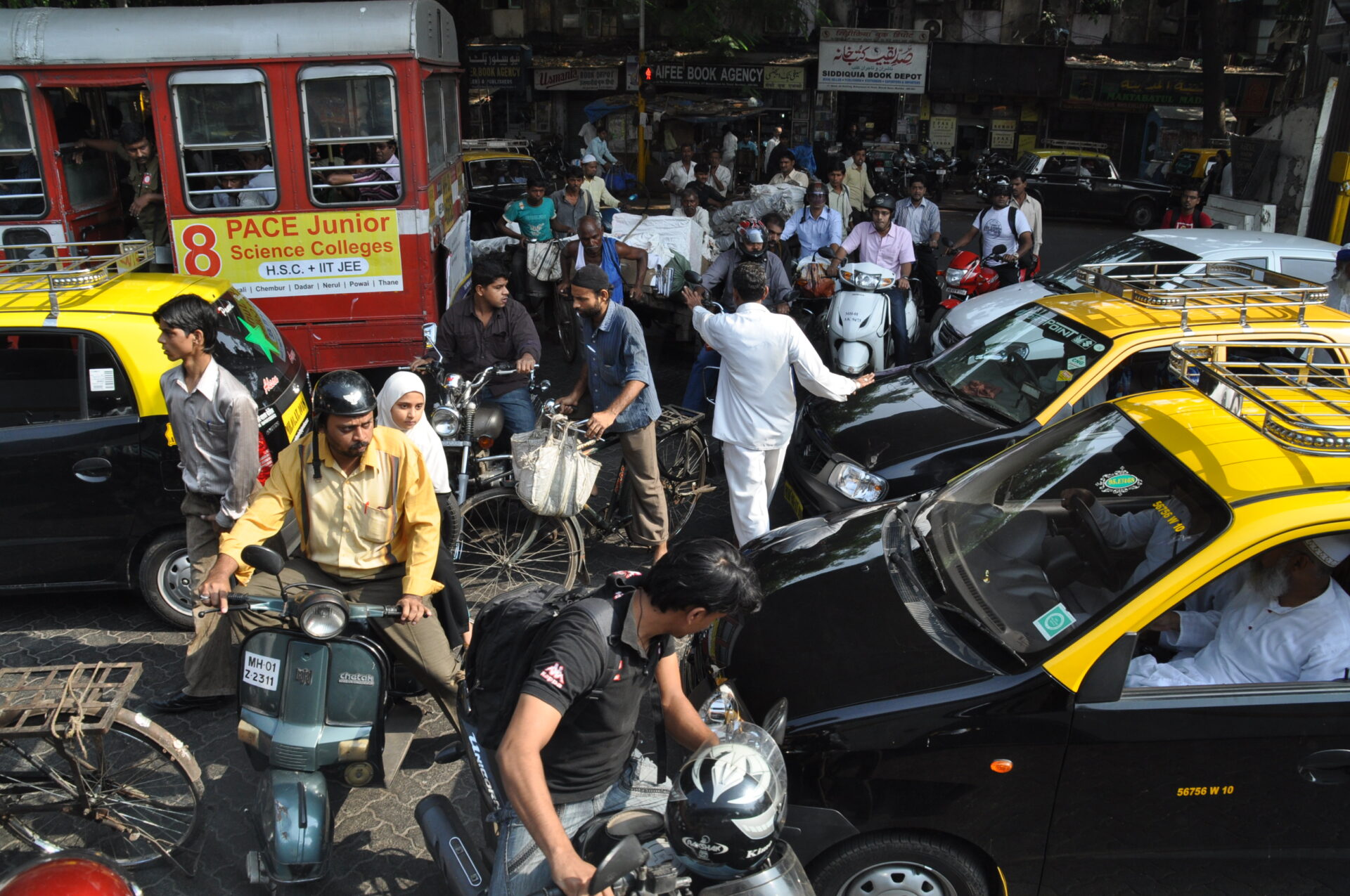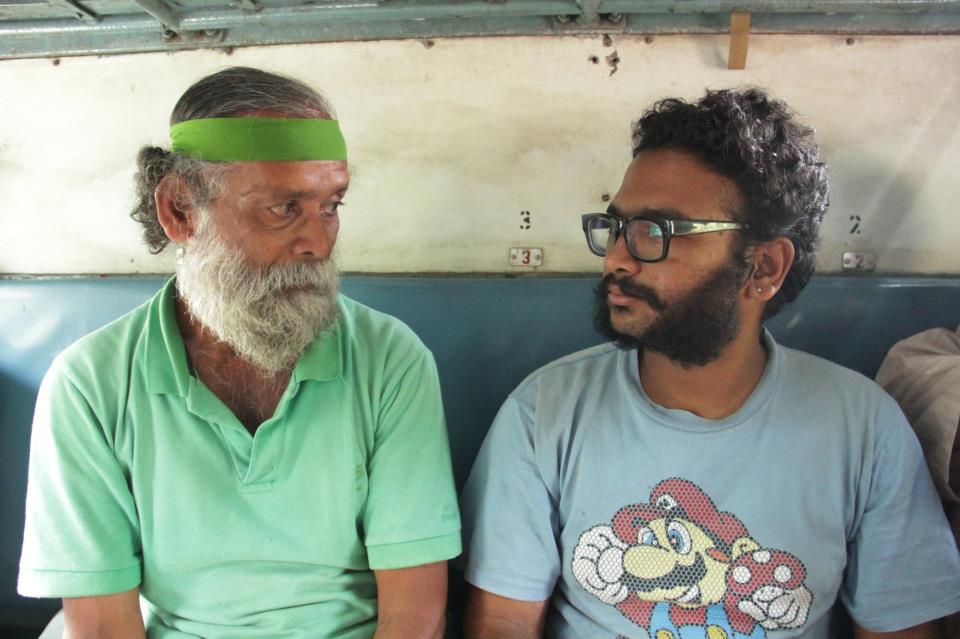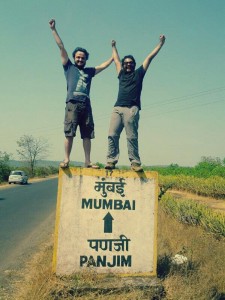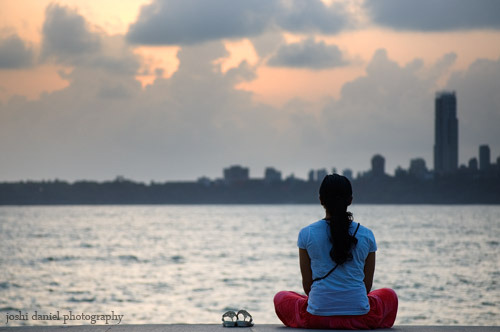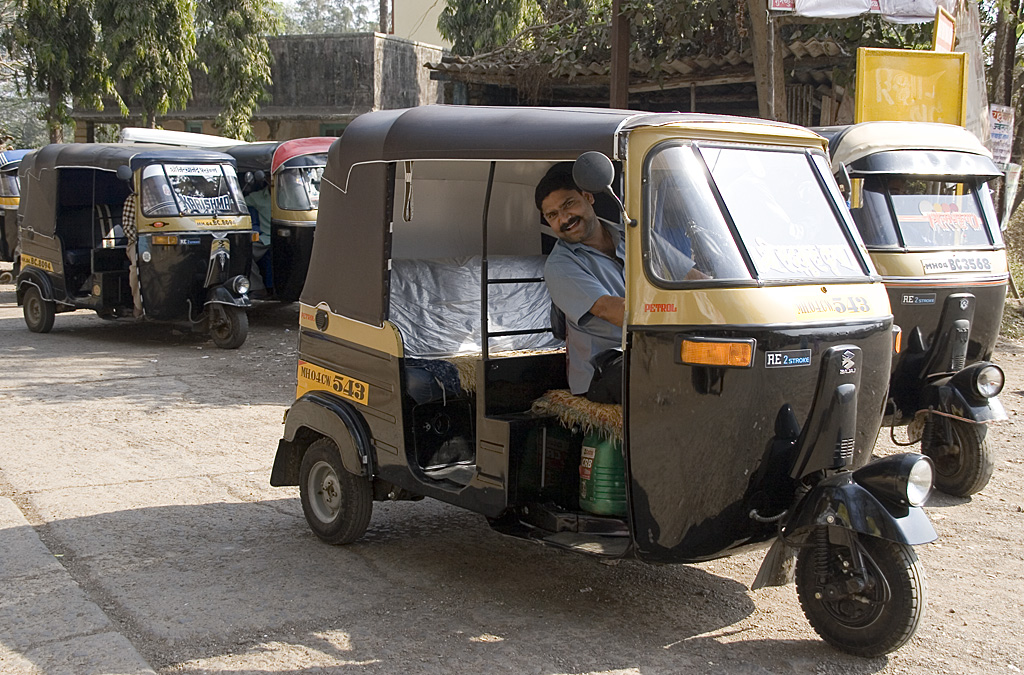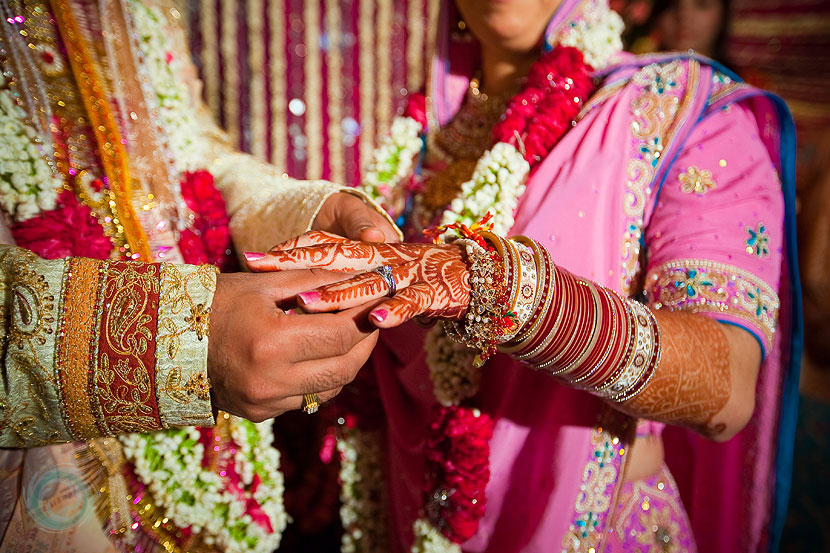A fan speaks about her fondness for yesteryear actor Madhubala, reminiscing about the late beauty on the latter’s birthday yesterday.
by Mamta D
February 14 is a day that has become popular in recent times as Valentine’s day. Few people know that this day also marks the birth of one of the most beautiful Indian actresses ever to have graced the silver screen. Madhubala, or if you prefer her real name, Mumtaz Jahan Dehlavi, was born on February 14, 1933.
I was but a child when the movie Mahal was being played for the umpteenth time at a local open air theater. It had first released in the ’50s, but was very popular even in the ’70s and ’80s. I still remember the awe with which I, as a child, first saw her stunning beauty. The pure innocence of the song ‘Aayega aayega aanewala’ overrode the surrounding suspense (the movie was a suspense thriller). The child that I was, I couldn’t comprehend the suspenseful story but was captivated by the gorgeous beauty who lit up the screen.
In the ensuing years, I came across many other movies starring this beautiful actress and I learnt to look beyond her obvious beauty at the talent she possessed. Those were the days long before the advent of the Internet, and all we had were film glossies if we wanted to know more about stars and their human personas (aside from their celluloid personas, that is). Some of these glossies carried write-ups on yesteryear actresses. It was in one such glossy that I chanced upon an article about my favorite actress. I read about early successes (she was a child artiste before she went to do lead roles), her relationship with Dilip Kumar, her marriage to Kishore Kumar, and finally her tragic death at a young age. Reading about her personal struggles only served to increase my respect and love for this iconic actress who, if she had lived longer, would have continued to rule the silver screen.
Even back then or until much later, I had no clue about her illness or about how she suffered for years. I just knew that she had died young. Born with a heart defect, a “hole in the heart” condition as it is commonly called, she kept her ailment hidden from the film industry and cinema audiences, which though full of adulation for a beautiful and successful star, could also be cruel and insensitive. Stoically, she continued to make films despite the illness getting worse with time. In her personal life too, she faced many hardships and unhappiness. A fallout with the man she truly loved, a short-lived marriage to Kishore Kumar, and a terribly demanding shooting schedule all took a toll on her.
Unaware of all these details, back then, all I (and countless others like me) could see was the beauty we beheld before us, and the talent that shone through. Bedazzled and smitten, we yearned for more. When she giggled and pranced, our hearts sang with delight. When she became melancholic, we grew somber and gloomy. Such was the power she held over us. The mellifluous songs picturised on her are hummed even today. And yet she had been long gone by the time I was born. Unlike the stars of today, whom you can spot in person, interact with on Facebook or tweet with on Twitter, in those days, there was no means to contact the star. Madhubala, in particular, was quite reclusive, in that she even declined to make public appearances or give interviews.
Despite some of her films not being huge box office successes, she was still one of the most sought-after actresses. Many actresses in recent years have been said to be new-age Madhubalas. But to hardcore Madhubala fans like me, no one can even hold a candle to her.
Mamta D works in the IT industry. Beyond her job, she writes, travels, paints and experiments with various side projects, among other things.
(Picture courtesy indya101.com)

